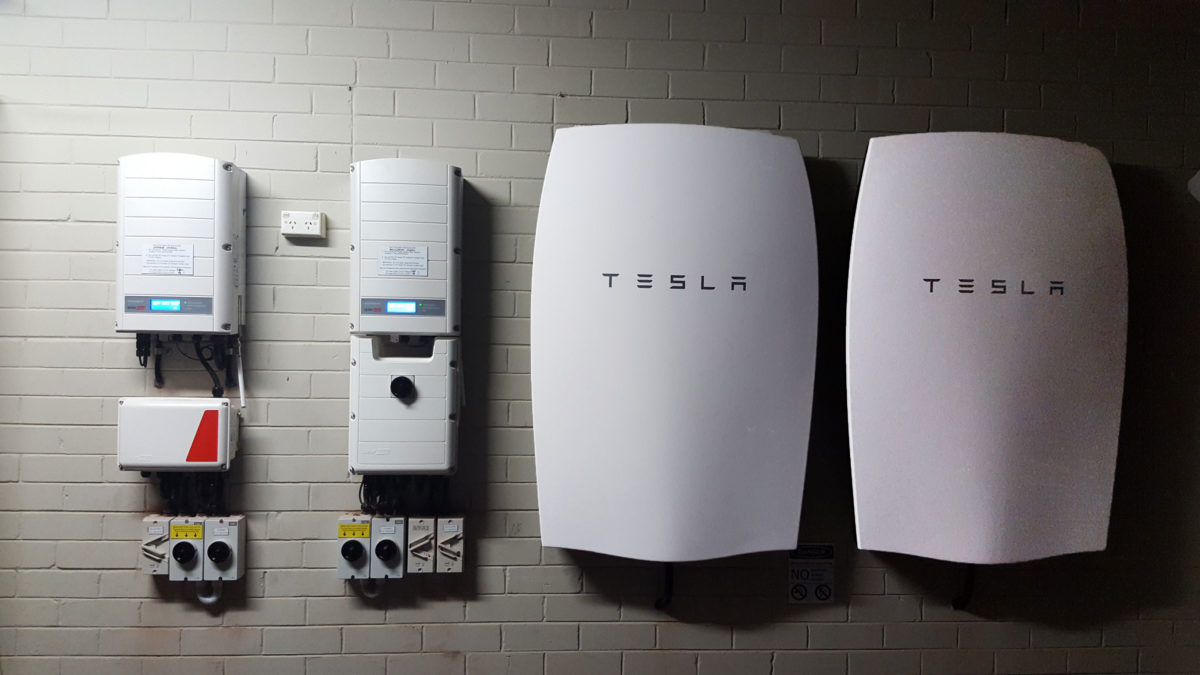An 8MW project is taking shape in Adelaide supported by ARENA, as the city’s second virtual power plant.
Namely, Tesla Powerwall 2 battery storage units will be delivered to up to 1200 Adelaide households, representing 6 MW of residential energy storage, while another 2 MW of demand response capacity will be deployed across 10 commercial businesses.
With the help of the storage units, individual customers will benefit from reduced power costs, as they will be able to increase the use of energy generated by their rooftop solar PV systems, as well as have backup power in the case of an outage.
The virtual power plant, the rollout of which amounts to $23 million, is set to be operational by the end of 2019.
Greensync’s distributed energy exchange platform called “deX” will also be developed by the virtual power plant, as an an energy marketplace where energy capacity can be negotiated between businesses, homes, communities and utilities that will response to price signals from network owners.
The virtual power plant will be the second to be installed in South Australia. ARENA previously provided $5 million in funding to AGL to develop a VPP comprising 100 homes and businesses across Adelaide.
According to ARENA CEO Ivor Frischknecht, this project will build on the AGL VPP.
“We think consumer energy resources have a huge role to play in Australia’s energy future, but we are still figuring out how we can orchestrate rooftop solar and home batteries to feed back into the grid. This is technically hard to do, which is why these pilot projects are so important,” he said, adding this trial will also demonstrate the commercial benefits of integrating a VPP into a distributed energy market platform such as deX.
Simply Energy CEO Carly Wishart said: “We will work closely with South Australian Power Networks to give both networks and the market operator greater visibility of behind-the-meter batteries and the ability to use batteries to manage demand and manage network constraints, reducing network costs“.
This content is protected by copyright and may not be reused. If you want to cooperate with us and would like to reuse some of our content, please contact: editors@pv-magazine.com.








By submitting this form you agree to pv magazine using your data for the purposes of publishing your comment.
Your personal data will only be disclosed or otherwise transmitted to third parties for the purposes of spam filtering or if this is necessary for technical maintenance of the website. Any other transfer to third parties will not take place unless this is justified on the basis of applicable data protection regulations or if pv magazine is legally obliged to do so.
You may revoke this consent at any time with effect for the future, in which case your personal data will be deleted immediately. Otherwise, your data will be deleted if pv magazine has processed your request or the purpose of data storage is fulfilled.
Further information on data privacy can be found in our Data Protection Policy.